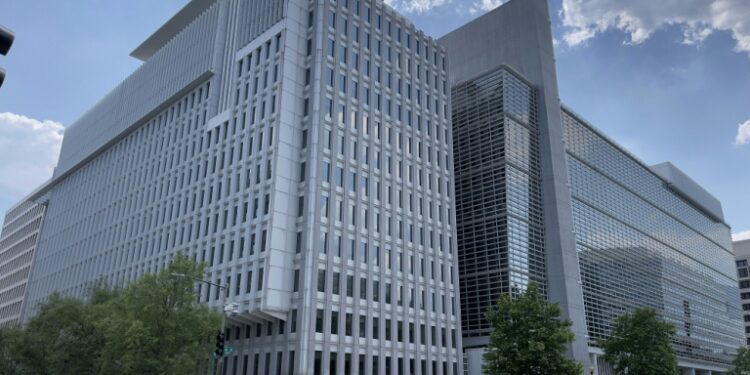The World Bank Group has approved $390 million for the Kenya Digital Economy Acceleration Project, which aims to improve access to high-speed internet, expand the delivery and quality of government services and education, and develop skills for the regional digital economy.
The program will utilize a multi-phase programmatic approach over two phases, with the first phase running from 2023-2028, and the second from 2026-2030. The first phase will focus on expanding high-speed broadband access, improving government services and education, and building digital skills, while the second phase will prioritize building a secure data-driven environment for digital service delivery and innovation.
Kenya’s digital economy and society have persistently faced digital disparities in access to broadband, digital public services, and skills necessary for businesses and individuals to thrive. Therefore, the program will expand last-mile connectivity by enhancing broadband network coverage for more than 70% of Kenya’s population living in rural and underserved areas, which will increase access to digital services and reduce the need for travel. The project aims to leverage private sector investment of $100 million by crowding-in the private sector for broadband infrastructure development, and to enhance access to regional and global markets by harmonizing regulatory policies with regional initiatives.
The project aims to increase digital skills to help the uptake of digital services, enhance the development of a competitive labor force for the digital economy, and expand digital services to the regional market. This will help Kenya to become a regional hub for innovation and investment in Africa, thereby creating job opportunities and improving service delivery. The Kenya Digital Economy Acceleration Project aims to reduce the digital divide in access to digital technologies and services, improve economic growth, build resilience, and promote job creation in the country.
The project will expand access to broadband by extending the fiber optic backbone and last mile connectivity to government and learning institutions and along Kenya’s borders. It will also digitize 80% of public services and increase fiber optic coverage to 100,000 km, which will benefit the regional digital market. Kenya’s ambitious “ICT Master Plan” aims to transform the country into a regional ICT hub by enhancing digital services and increasing connectivity. Therefore, the project aims to strengthen Kenya’s capacity to drive regional digital integration with positive spillovers to other countries. Additionally, expanded access to connectivity will reduce carbon emissions and facilitate remote service delivery in times of emergencies.




